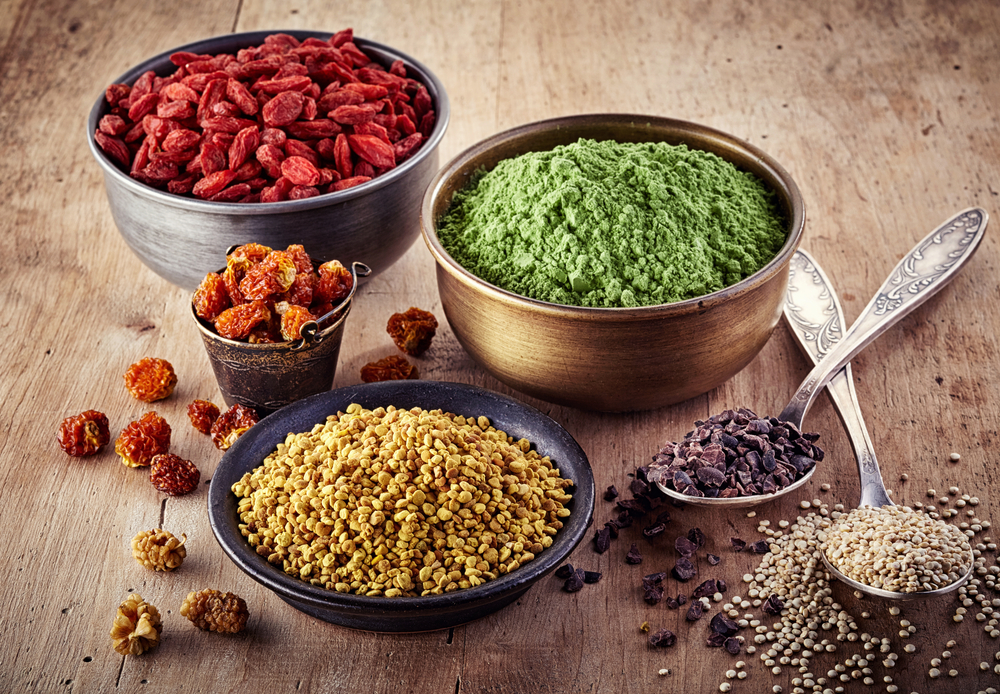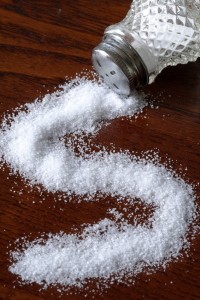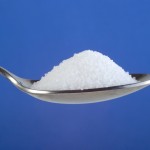“We should ‘eat breakfast like a king’ to fight obesity, scientists claim,” the Daily Mirror reports.
The headline was prompted by a new review into “chrono-nutrition”, which involves seeing if when we eat is as important as what we eat.
The review suggests eating more of our total daily food intake in the evening – the pattern most common among people in the UK – may be linked to obesity.
But the evidence for this is not conclusive, and the studies included in the review vary in their findings.
The study also shows there is a wide variation in the eating patterns of people in different countries.
Previous research found eating breakfast is linked to a lower risk of obesity, supporting the theory that it’s better to eat earlier than later.
However, this study’s authors say we are still a long way off understanding the optimum eating patterns for health.
One note of caution is that the methods used in this review are poorly described and not what you would expect to see from a comprehensive systematic review. This means it’s possible the authors have not considered all literature relevant to the issue.
Current dietary advice is not to skip your morning meal and to eat a healthy, balanced breakfast with plenty of wholemeal, vegetables, fruit and limited saturated fat, sugar and salt.
Where did the story come from?
The study was carried out by researchers from Imperial College London, Nestlé Research Centre, the University of Thessaly, King’s College London, and VU University Amsterdam.
The authors report no funding and no conflicts of interest. However, Nestlé produces breakfast cereals, so the company is likely to have an interest in this type of research.
The study was published in the peer-reviewed Proceedings of the Nutrition Society on an open-access basis, so it is free to access online.
Both The Daily Telegraph and the Mirror plumped for the “Eat breakfast like a king, lunch like a prince and dinner like a pauper” adage in their headlines.
However, they don’t make it clear that the study’s findings are uncertain and require more – and better – research before they can be confirmed.
What scientist Dr Gerda Pot actually said was: “There seems to be some truth in the saying ‘Eat breakfast like a king, lunch like a prince and dinner like a pauper’; however, this warrants further investigation.”
What kind of research was this?
This was a review of observational studies, including cross-sectional surveys and longitudinal cohort studies.
It aimed to look at global trends in timing of food intake and see how this could be linked to obesity.
A systematic review is a good way to get an overview of research in a field.
However, observational studies can only tell us about a link between factors – in this case, whether obesity is linked to eating at particular times of day – and not whether one factor causes another.
Notably in this case, however, the methods the researchers used are not outlined in full, so it cannot be said with any degree of certainty that this is a fully comprehensive systematic review of the relevant literature.
What did the research involve?
Researchers reviewed studies looking at people’s energy intake at different times during the day, and identified common eating patterns in different countries.
They also reviewed studies that looked at the association between the time of day someone eats and obesity or weight. They then summarised the findings.
The researchers aimed to only include studies that used standardised dietary questionnaires. Even so, there was much variation in the way eating patterns were described.
They excluded studies that looked at very specific groups – for example, athletes or people being treated for specific medical conditions.
Most studies divided eating times into four groups: breakfast, lunch, dinner and snacks. But in most cases there was no information about when people ate snacks.
Although the authors described their general study inclusion and exclusion criteria, they did not clearly set out their methods in the way you would expect from a systematic review.
For example, they did not give information on which literature databases they searched, the search dates, search terms, or a description of how studies were quality-assessed for inclusion.
What were the basic results?
Researchers identified four main patterns of food consumption, seen in 11 studies from different countries:
equal energy consumption at breakfast and dinner, with the greatest consumption at lunch – seen in Guatemala and Poland
smallest energy consumption at breakfast, greatest consumption at lunch, followed by dinner – seen in France, Switzerland and Italy
equal energy consumption at breakfast and dinner, with the smallest consumption at lunch – seen in Sweden
smallest consumption at breakfast, greater consumption at lunch, and greatest consumption at dinner – seen in the UK, the US, Germany, Canada, Denmark, the Netherlands and Belgium
They included 10 studies that looked at the link between eating, time of day and weight.
The studies used a variety of methods to assess the link, differing numbers of days of assessment, and different outcome measures, including different ways of reporting body mass index (BMI) and fat distribution.
This makes it hard to summarise, but the key findings from the studies were:
one study found people who ate more in the evening, compared with the morning, were likely to have a higher BMI
one study found eating between meals was linked to more body fat
one study found people who didn’t eat breakfast ate more later in the day and had a higher BMI
How did the researchers interpret the results?
The researchers said: “On the balance of this evidence, it could be speculated that evening energy intake is a major risk factor for obesity”, but they go on to add that more study data is needed to confirm this.
They warn of difficulties in drawing conclusions from the studies they found, which varied widely in their methods, and say researchers need to reach agreement on how to define eating patterns, and future studies should record the timing of snacks.
They also say the data in the review “might not summarise current trends” because it does not include currently ongoing national studies.
Conclusion
This study gives a fascinating overview of the different ways people from different cultures eat.
It also includes interesting historical information – for example, breakfast was considered sinful in medieval England, while 10th-century Middle Eastern doctors recommended eating two meals a day, before dawn and at dusk.
But what it cannot do is tell us which eating patterns are healthiest to provide the best energy intake distribution throughout the day for our modern lives.
The evidence linking obesity with evening energy intake is interesting, but there is not enough good-quality data to rely on this finding.
Also, confounding health and lifestyle factors could contribute to this link – for example, people who eat less in the evening might do so because they are out at the gym, rather than sitting in front of the television.
The paper also points to the cultural context of eating as being likely to affect when we eat, as well as what we eat.
For example, in France – where lunch is the biggest meal of the day – people are more likely to sit down to a full meal at lunchtime, perhaps in family groups.
In the UK, food consumption is more individual and informal – perhaps a sandwich and bag of crisps at the desk at lunchtime, or an evening takeaway.
A second study in the same publication found eating irregularly, rather than at regular meal times, may be linked to the chances of getting diabetes. We were unable to see the full study, so we cannot assess the evidence for this.
We cannot be sure this is a comprehensive review of all literature relevant to this issue. Again, many of the elements of the methods you would expect to see recorded in a well-conducted systematic review are missing.
This means it is possible the researchers may not be presenting a fully impartial review of this subject, and some relevant studies could be missing.
There is no official advice in the UK about when we should have our meals, although people are advised not to skip breakfast.
Read more about healthy eating.





